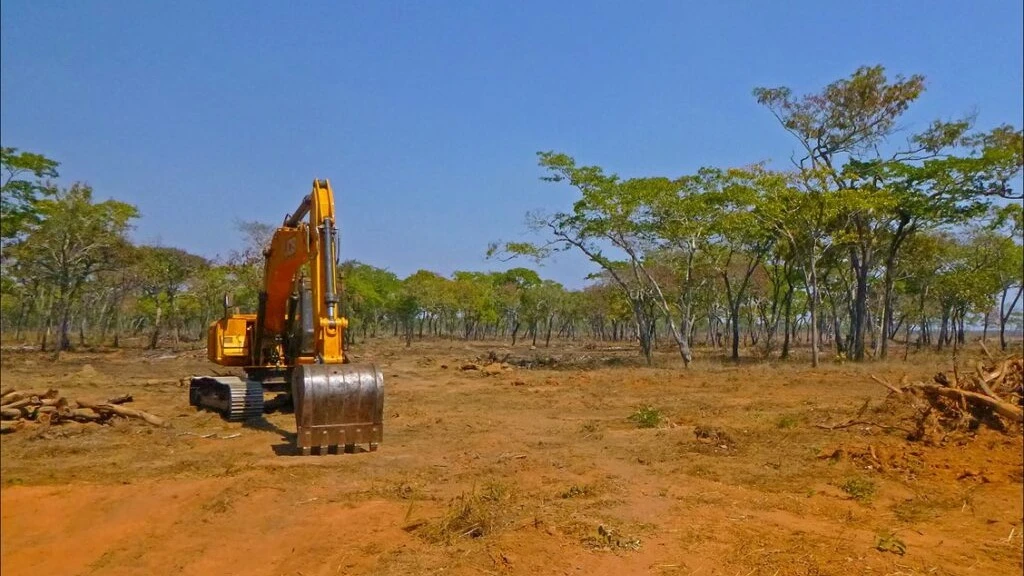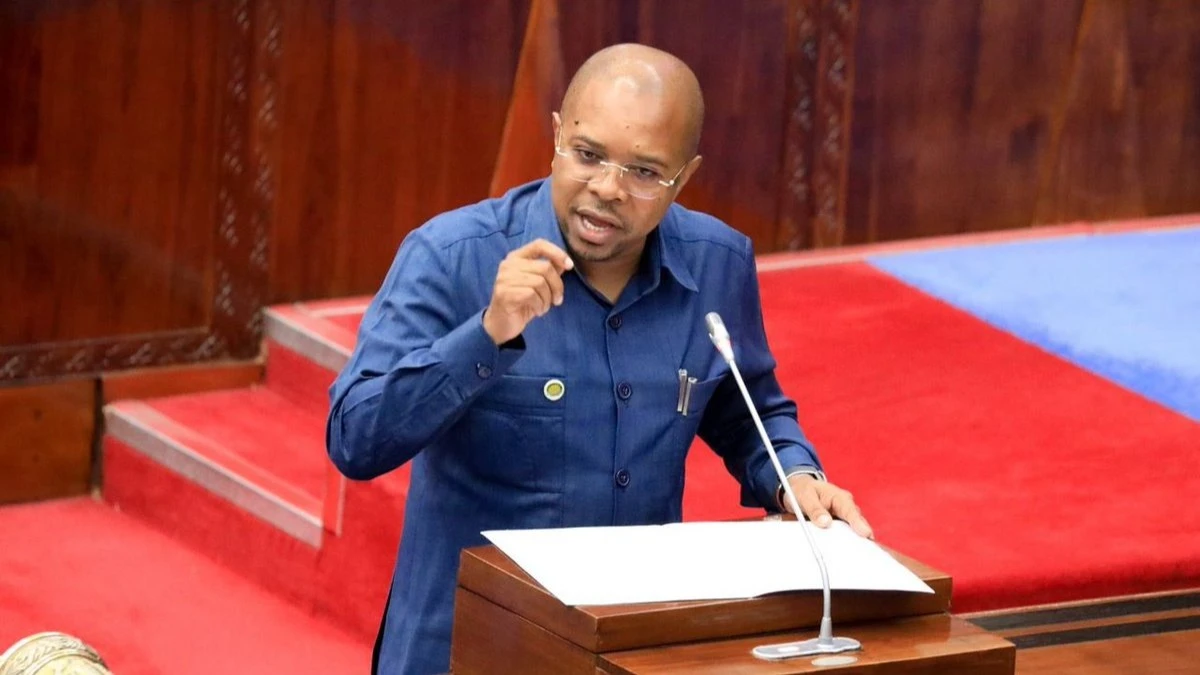Illegal land encroachment threatens forests in Kibiti

AMIDST the bustling rise in land and plot sales in Kibiti district, in the Coast Region, a disturbing trend emerges as certain some individuals dare to encroach upon the lush greenery of forested areas.
In response, the government has issued a stern warning, demanding an immediate stop to these actions, regardless of the forests' legal status. It is essential for district leaders, councils, and the country’s forestry agency (TFS) to protect protected forests from harmful activities.
The resolute mandates were declared by Kibiti District Commissioner, Colonel Joseph Kolombo, acting on behalf of the Regional Commissioner, Abubakar Kunenge, during a momentous regional tree planting ceremony yesterday.
Echoing these imperative directives, Kolombo emphasized the crucial necessity for unwavering regulations and diligent enforcement to be implemented saying: “Let us unite in our dedication to enhancing environmental stewardship and fostering sustainable practices for the betterment of our community and future generations.”
Colonel Kalombo further said: “By implementing rigorous regulations and robust enforcement, we have the power to confront and quell the destructive human activities of charcoal burning, livestock invasion, sand mining, stone quarrying, farming, and settlement.”
Adding: “In doing so, we are safeguarding our irreplaceable natural treasures for the prosperity of generations to come. Let us unite in our unwavering commitment to conservation and sustainability.”
The DC emphasized that the surge in population growth, coupled with the scarcity of energy resources, has fueled a heightened need for forest products like wood, charcoal, and residential spaces.
“This heightened demand has, in turn, driven up rates of logging and deforestation, posing a grave threat to our precious natural habitats. It is imperative that we address these pressing issues with urgency and thoughtfulness to safeguard our forests for current and future generations,” he affirmed.
He stressed the vital importance of village governments, districts, councils, and other institutions fully complying with such directives, underlining the potential for enhancing the protection and sustainable management of forests within their respective jurisdictions.
“By wholeheartedly embracing these guidelines, they can play a pivotal role in safeguarding these precious natural resources for both present and future generations,” he noted.
Further directives have been issued, notably including a requirement for each council within the region to submit a comprehensive report on the progress of tree planting initiatives carried out during the 2022/2023 period.
The report should also detail the number of trees that have perished, shedding light on both the successes and challenges encountered in the conservation efforts.
Colonel Kolombo highlighted the significant achievements made within the region, with an impressive 8,876,640 trees planted during the specified period.
Looking forward, the 2023/2024 season sees a promising 10,436,494 seedlings already developed and poised for planting across various sites within the region. Such initiatives reflect a concerted commitment to sustainability and environmental stewardship in the pursuit of a greener, healthier future.
With an authoritative voice, Colonel Kolombo announced the directives on behalf of the RC, emphasizing the crucial mission for each council to achieve the government's ambitious goal of planting 1.5 million trees.
“This mandate signifies our collective responsibility to address environmental challenges and advance the vision of a greener, more sustainable future. Let us unite in this endeavor and take meaningful action to make a positive impact on our planet,” he instructed.
In advocating for the preservation of forests and encouraging community engagement, TFS Chief Conservator, Shabani Kiula, emphasized the critical role his organization plays in safeguarding our natural resources.
Kiula, acting on behalf of TFS’s Conservation Commissioner, Professor Dos Santos Silayo, underscored the commitment of the agency to providing free seedlings for Tanzanians to plant, underscoring the importance of collective action in ensuring the sustained conservation of the country’s forests.
Moreover, Forest Officer Pierre Ntiyamagwa, highlighted the multifaceted approach being taken to address the pressing issue of forest degradation. Beyond tree planting initiatives, Ntiyamagwa emphasized the comprehensive strategy in place to combat the destruction of forest resources and promote environmental conservation efforts.
Notably, collaborative efforts between the Forestry Services Agency (TFS) and district councils in the Eastern Zone have yielded tangible results.
Through increased patrols and awareness campaigns, significant strides have been made in raising consciousness about the importance of establishing nurseries and planting trees in various governmental and non-governmental organizations.
These concerted efforts signify a unified commitment to sustainable forest management and ecological preservation.
Furthermore, he underscored the pressing challenges confronting forest resources, notably the burgeoning population of Dar es Salaam.
According to him, such demographic surge has fueled a relentless demand for wood for construction and charcoal production, fueling a destructive cycle of rampant logging and deforestation in the Coast Region's forests and reserves.
“Such unchecked exploitation jeopardizes the delicate ecological balance and imperils the future sustainability of our natural habitats,” he said.
Top Headlines
© 2025 IPPMEDIA.COM. ALL RIGHTS RESERVED

























